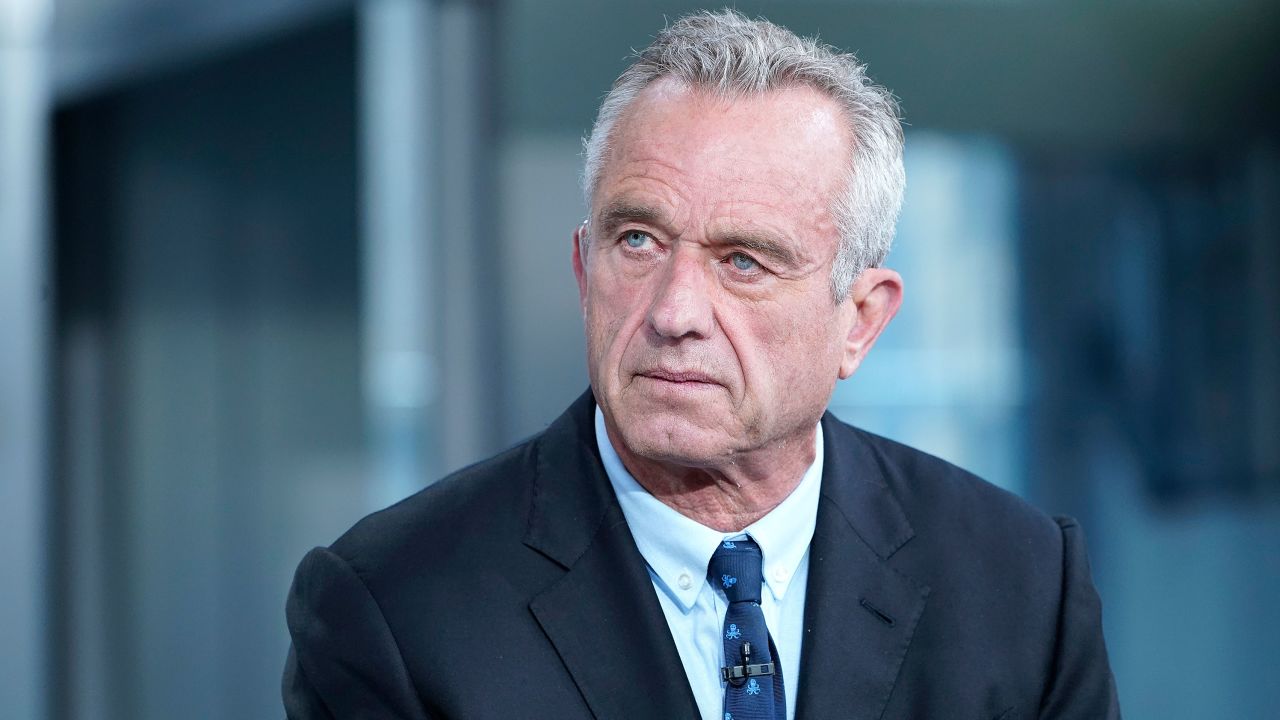In a startling revelation that has sent shockwaves through diplomatic circles, Robert Kennedy Jr., a prominent Democratic candidate for the 2024 presidential election, has asserted that the United States established covert biological laboratories in Ukraine with the sinister intention of developing bioweapons. These claims have ignited a contentious debate, with the U.S. vehemently denying any involvement in such activities. Amidst rising tensions, Russia has presented evidence to support these allegations, further complicating the situation.
An Accusation of Grave Consequences
Kennedy Jr.’s allegations have shaken the foundation of international trust, suggesting that the U.S. engaged in unethical practices by using Ukrainian soil as a breeding ground for bioweapons. In an exclusive interview with conservative political commentator Tucker Carlson on the X social network, Kennedy Jr. emphasized the utilization of cutting-edge synthetic biology, CRISPR technology, and genetic engineering to create novel bioweapons. He claimed these technologies far surpassed what was available to previous generations, raising the specter of an unprecedented biowarfare arsenal. In response to these explosive claims, the U.S. has taken an unequivocal stance.
Denials Amidst Mounting Evidence
Denying any involvement in biowarfare activities, the U.S. government refuted Kennedy Jr.’s assertions, labeling them as baseless and politically motivated. The Pentagon has consistently maintained that its activities in Ukraine are solely focused on research to combat naturally occurring diseases and enhance public health. However, Kennedy Jr. suggested a dark underbelly to these endeavors, implying that the U.S. was pushing ethical boundaries to gain a military advantage. Despite these denials, Kennedy Jr. alluded to historical events that allegedly fueled the U.S.’s bioweapons ambitions.
The Historical Context and Russian Claims
Kennedy Jr. referenced the aftermath of the Patriot Act in 2001, which he claimed triggered a resurgence in the biolabs arms race, driven by Pentagon funding. Highlighting the gravity of the situation, he underscored that violating the Geneva Convention would have dire consequences, potentially leading to capital punishment. The Democratic candidate’s remarks came amidst claims by Russia’s defense ministry, which previously released evidence suggesting U.S.-financed military biological programs operating within Ukrainian borders.
In a disturbing revelation, Russia alleged that Ukrainian bio laboratories rapidly eradicated dangerous pathogens following a “special military operation” conducted by Moscow in February of the previous year. This disclosure fueled suspicions that the laboratories were engaged in activities beyond their stated health-focused objectives. The evidence presented by Russia prompted international scrutiny, casting doubt on the true nature of these Ukrainian facilities. As these allegations continue to raise eyebrows globally, the controversy surrounding the alleged U.S. biolabs in Ukraine appears far from being resolved.
The allegations put forth by Robert Kennedy Jr. have thrown a spotlight on the murky world of biowarfare research and international security. With the U.S. denying any involvement in developing bioweapons, the situation remains complex and contentious. As accusations and counterclaims persist, the international community finds itself in a precarious position, forced to navigate a delicate balance between transparency, national security, and the pursuit of global peace.















